Life, Earth And Space
-
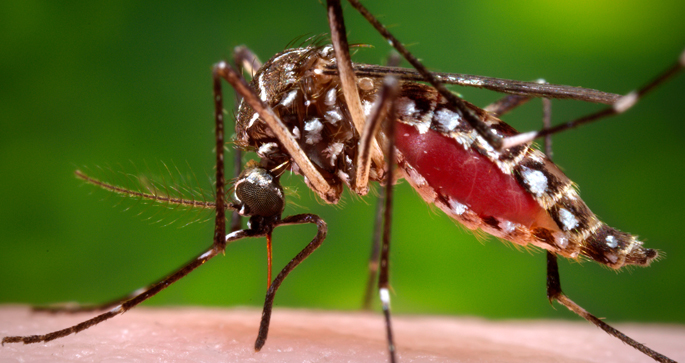
В鶹ґ«ГЅ Snapshot: Discovery of mosquito survival tactics leaves room for new disease vector control tactics
Mosquito-borne diseases like malaria represent an ongoing global health crisis of (literally) biblical proportions. LJ Zwiebel has identified the biological factors that help female mosquitos mate, suck blood and sense environmental threats. Est. reading time: 1.5 mins. Read MoreJun 1, 2022
-
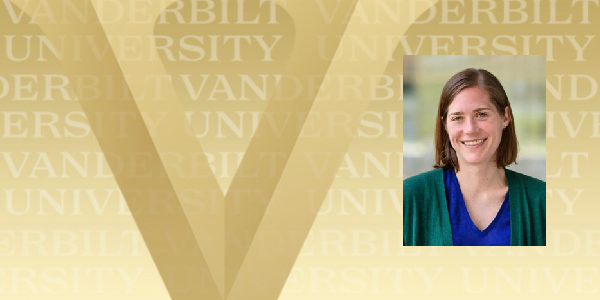
Amanda Lea named 2022 Searle Scholar, wins $300K to pursue research on effect of early-life environments on human health
Amanda Lea, assistant professor of biological sciences, has been named a 2022 Searle Scholar, an honor bestowed on 15 exceptional young faculty in the biomedical sciences and chemistry. Lea will receive $300,000 in flexible funding to support her work over the next three years. Read MoreMay 20, 2022
-
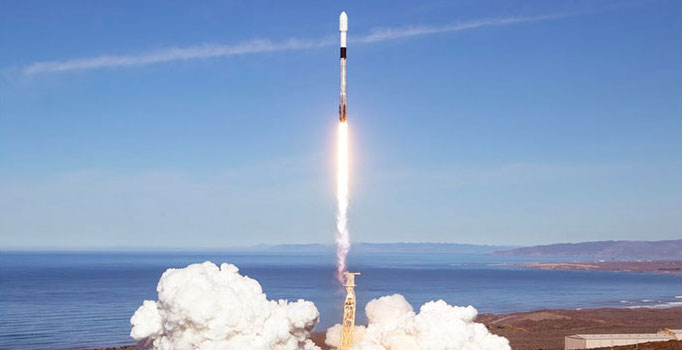
Esteemed astrophysics professor Keivan Stassun co-authors study for NASA on increasing diversity and inclusion in space mission leadership
Keivan Stassun, Stevenson Professor of Physics and Astronomy and director of the Frist Center for Autism and Innovation, is a co-author of the study “Increasing Diversity and Inclusion in the Leadership of Competed Space Missions.” The report will be published by the National Academies of Sciences, Engineering and Medicine on May 18. Read MoreMay 18, 2022
-
В鶹ґ«ГЅ researchers are studying a bacterial pathogen that can survive on hospital surfaces — without water — for months, an ability that has helped it become a leading cause of hospital-acquired infections.
May 5, 2022
-
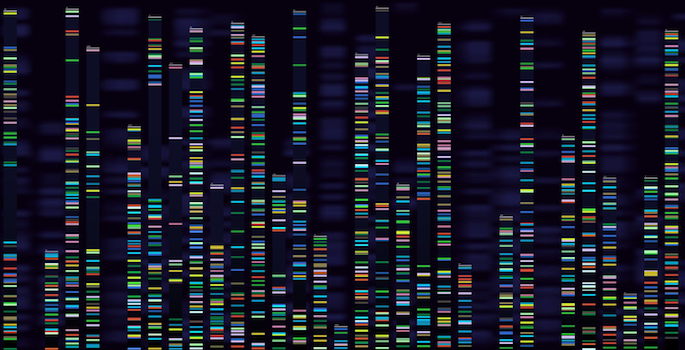
В鶹ґ«ГЅ researchers develop new evolutionary approach for identifying proteins that functionally interact
Graduate student measures the coevolution of genes in genomes; method may fundamentally change how we identify genes with similar functions. Read MoreMay 4, 2022
-
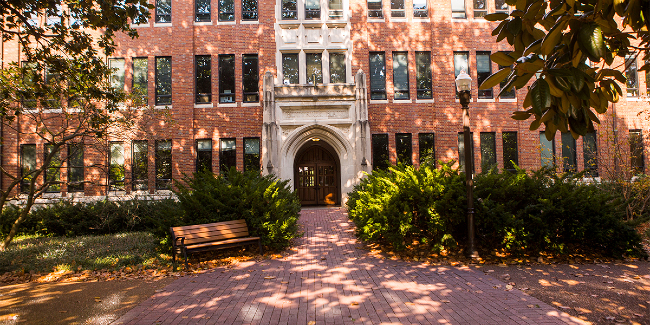
College of Arts and Science names Cindy D. Kam as dean of faculty affairs
Cindy D. Kam has been named dean of faculty affairs in the College of Arts and Science.В Kam, the William R. Kenan, Jr. Professor of Political Science and director of the В鶹ґ«ГЅ on Individuals, Politics and Society Lab, steps into the role as Kamal Saggi, Frances and John Downing Family Professor of Economics, moves into a new leadership position in the Office of the Provost. Read MoreMay 4, 2022
-
Growing up in a small community has its advantages, but if you want to learn from world experts, you may have better luck in a big city. This is the case in the world of birds as well. Large populations of birds might be better able to maintain complex songs than small populations – all because of access to high-quality tutors.
Apr 29, 2022
-
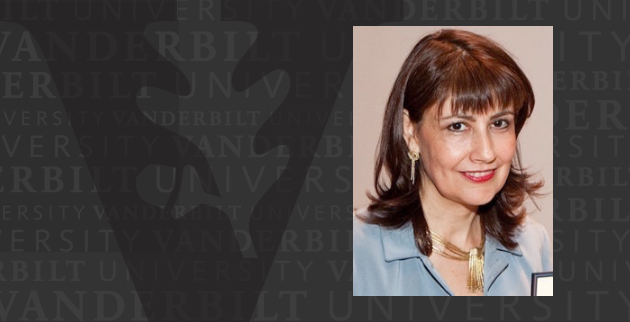
Carrasco elected to American Academy of Arts and Sciences
The American Academy of Arts and Sciences has announced that Dr. Nancy Carrasco, Joe C. Davis Professor of Biomedical Science and professor and chair of molecular physiology and biophysics, has been elected as one of its new members. Carrasco was elected to the National Academy of Sciences in 2015 and to the National Academy of Medicine in 2020. Read MoreApr 28, 2022
-
A team of В鶹ґ«ГЅ researchers led a project that studies chemical compounds produced by bacteria. Specifically, the group was interested in a suite of chemicals known as natural products. These chemicals are produced by the organism for a specific purpose, but are often valuable because they may be used as antibiotics, anticancer agents, or other therapeutics.
Apr 5, 2022
-

В鶹ґ«ГЅ offers new climate studies major
The В鶹ґ«ГЅ College of Arts and Science has launched a new climate studies major. The major integrates the natural sciences, social sciences and humanities to give students a comprehensive perspective on climate change, its challenges and its possible solutions. Read MoreMar 30, 2022
-
Members of the Evolutionary Studies Initiative took a field trip to Coon Creek Science Center (CCSC) to dig for fossils.
Mar 28, 2022
-
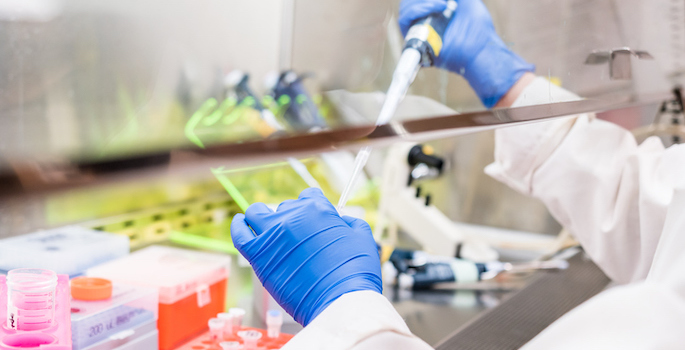
Evolutionary Studies Initiative hosts Elisabeth Bik, top academic ethics sleuth, for virtual J.T. Scopes Lecture
The В鶹ґ«ГЅ Evolutionary Studies Initiative welcomes image forensics detective Elisabeth Bik for the inaugural J.T. Scopes virtual lecture. The lecture series highlights the work of high-profile scientists that speak truth to power and defend science. Read MoreMar 1, 2022
-
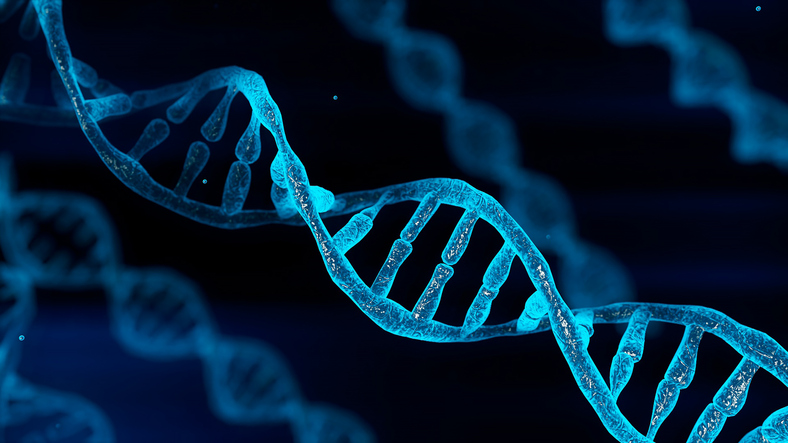
Literature researchers identify attitudes toward genetics across 100 years of film and television
Science’s influence on pop culture is undeniable, and the reverse is equally important. В鶹ґ«ГЅ led by Jay Clayton, the first literature professor to ever receive funding from the NIH, shows that films portray genetic science as risky far more often than television shows. Read MoreFeb 28, 2022
-
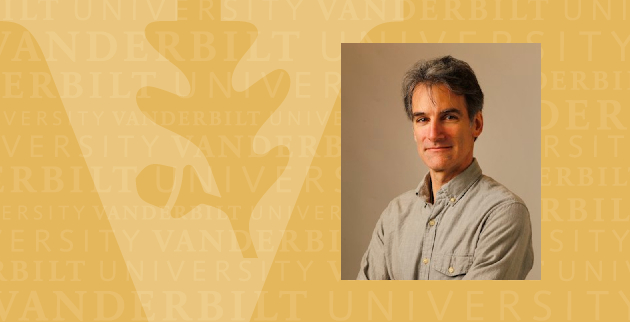
Kenneth Catania receives 2022 AAAS/Subaru SB&F Prize for Excellence in Science Books
Kenneth Catania, Stevenson Professor of Biological Sciences, has received the 2022 American Association for the Advancement of Science/Subaru SB&F Prize for Excellence in Science Books in the Young Adult Science Book category for "Great Adaptations: Star-Nosed Moles, Electric Eels and Other Tales of Evolution’s Mysteries Solved." Read MoreFeb 15, 2022
-
В鶹ґ«ГЅ conducted at В鶹ґ«ГЅ by Faith Rovenolt and Ann Tate has been published in a new study in The American Naturalist that models how parasites interact to affect their host’s behavior. The results of the research reinforce an understanding of the influence of disease in community dynamics.
Feb 14, 2022
-
A team of astronomers has made the discovery of a lifetime that will help answer burning questions on the evolution of stars. The group is led by Keivan Stassun, Evolutionary Studies Initiative member and Stevenson Professor of Physics and Astronomy.
Feb 11, 2022
-
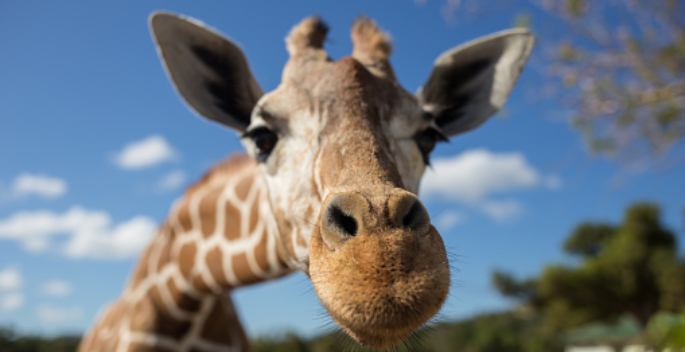
В鶹ґ«ГЅ-led researchers show that generalist species are ‘jack of all trades and masters of all’
Over the past decade,В Larisa DeSantis, paleontologist and associate professor of biological sciences,В has workedВ with a team ofВ formerВ В鶹ґ«ГЅВ undergraduate and graduate students,В postdoctoral scholarsВ and experts from across the globeВ toВ show how species can be both generalized at the species level and specialized individually—a probableВ key to their success. Read MoreFeb 9, 2022
-
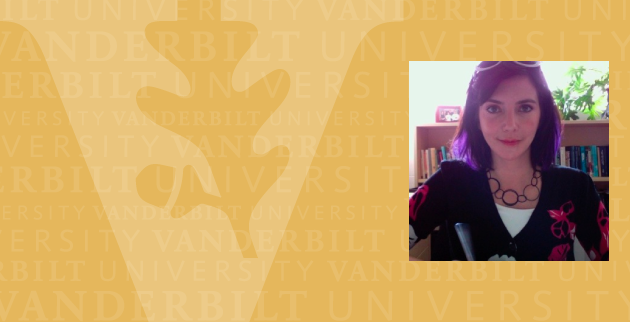
Kelly Holley-Bockelmann receives Mentor Award from the American Association for the Advancement of Science for contributions to science and society
Kelly Holley-Bockelmann, Stevenson Professor of Astrophysics, has received the 2022 Mentor Award from the American Association for the Advancement of Science. The award is for individuals who have mentored significant numbers of underrepresented students who are working toward doctorates in STEM. Read MoreFeb 9, 2022
-
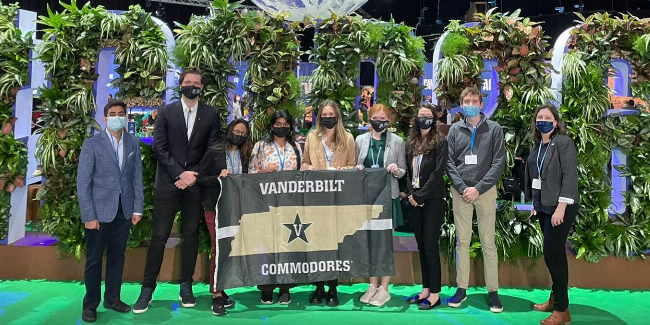
В鶹ґ«ГЅ students attend COP26 to observe climate diplomacy in action
Fourteen undergraduates and two graduate students represented В鶹ґ«ГЅ University in Glasgow, Scotland, as official delegates to the United Nations international climate change negotiations—dubbed COP26. Read MoreFeb 7, 2022
-
The Evolutionary Studies Initiative has awarded seven grants to researchers in the initiative to seed new projects and collaborations.
Jan 24, 2022